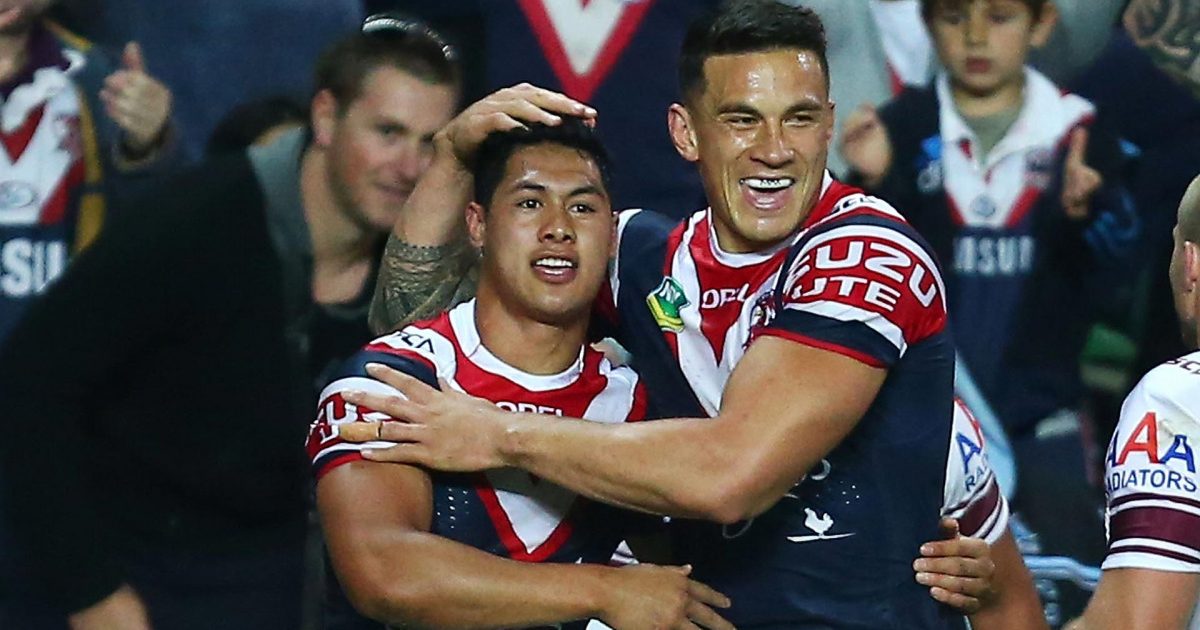NRL salary cap outstrips Gallagher Premiership for first time

The Rugby League Players Association claim they were blindsided by the NRL’s decision to release new salary cap figures for 2023, lashing out at the game’s powerbrokers for “disrespecting” the players.
League Central unveiled next season’s salary cap on Friday amid stalling talks between the NRL and the RLPA over the next collective bargaining agreement (CBA).
Clubs will be able to spend up to $12.1 million (£6.7 million) on players next season – a record figure and an increase from the 2022 figure of $9.6 million – with a rise in the minimum salary for a top 30-squad to $120,000.
NRLW sides have been given a beefed-up salary cap of $884,000 for next year, although no season start date or length has yet been determined.
The Gallagher Premiership is currently set at a reduced £5 million, a figure that will increase to £6.4 million in 2024, which excludes one marquee player per team and other player credits.
The figures unveiled on Friday only apply to the 2023 season.
But the RLPA say they only were informed of the new rise in the hours before the announcement.
Clubs had, until Friday, been operating on the basis of the 2022 cap, a fter the previous CBA lapsed at the start of the NRL’s contractual year on November 1.
Many chief executives had voiced concerns that the protracted CBA talks between head office and the RLPA was making it difficult for them to make decisions around the recruitment and retention.
While clubs finally have financial certainty, they will not suddenly be flush with cash given many contracts signed in recent months had ratchet clauses inserted which ensured pay rose in line with the cap.
It sets the scene for a tense meeting between the NRL and RLPA when they are expected to resume talks in the new year, with the players’ union accusing head office of undermining their attempts to strike agreement on the CBA.
“To announce new salary caps for players without their agreement and bypassing their association is unprecedented,” RLPA chair Deidre Anderson said.
“To the best of our knowledge, clubs were also not provided with the details of the new salary caps and player payment structure until approximatel y five minutes before the ARLC’s public announcement.
“For a governing body to set its own salary cap disrespects the entire player representation movement and the importance of collective bargaining.
“Today’s announcement goes against negotiating in good faith and only damages the trust between the players and the governing body.”
The RLPA say they only received an “185-word financial proposal” on Wednesday which related to all player payments and benefits with a deadline to respond on Thursday.
This included representative fees, wellbeing, education and injury funds – but did not specifically focus on the cap.
“It is not appropriate for the players to be rushed into agreeing to a financial proposal two days before Christmas,” Anderson added.
“Agreeing to this week’s financial proposal, even in principle, would have created even more uncertainty for the industry and players because we would be working backwards and re-engineeri ng terms and conditions to a figure that has already been set.”
Additional reporting RugbyPass











































































